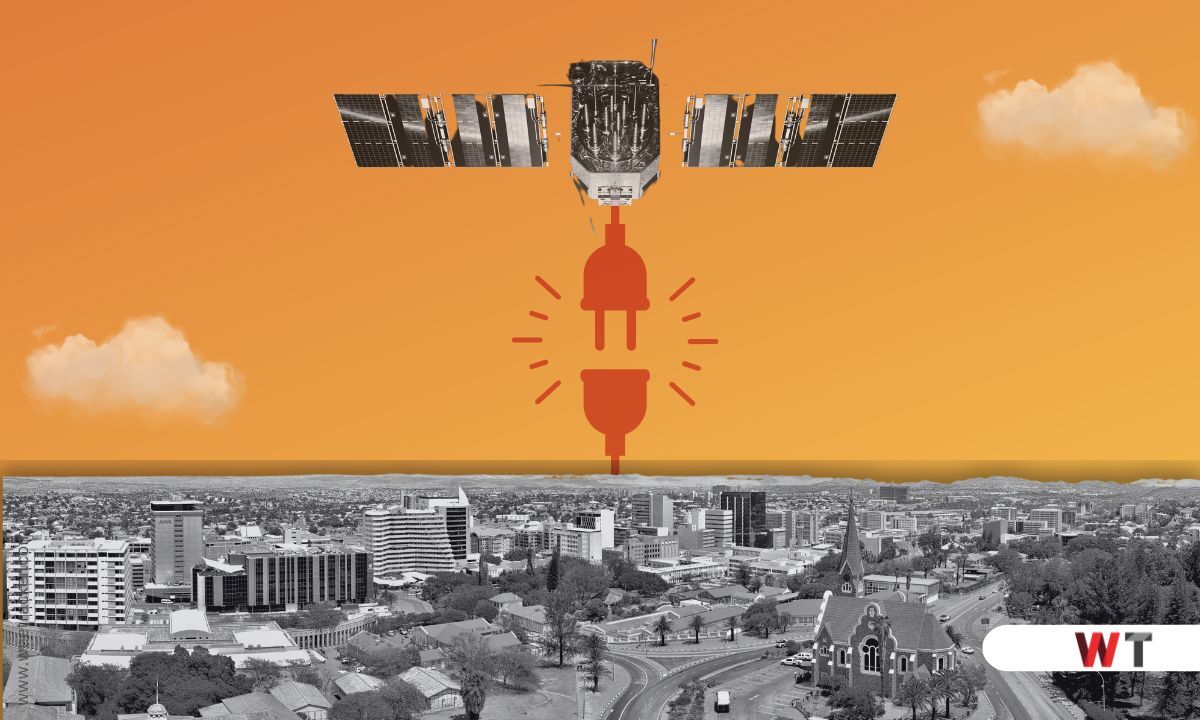Namibian Agents Are Confiscating Starlink Terminals In Hostile Crackdown

Namibian authorities have ramped up their crackdown on Elon Musk’s Starlink, confiscating illegally acquired satellite internet terminals from consumers as part of an escalating regulatory standoff. The Communications Regulatory Authority of Namibia (CRAN) has ordered Starlink to cease operations in the country, citing the company’s lack of a required telecommunications license.
“The public is hereby advised not to purchase Starlink terminal equipment or subscribe to its services, as such activities are illegal,” CRAN said in a statement. Criminal cases have been opened against those found in possession of the terminals, reports Bloomberg, adding an enforcement layer to Namibia’s firm stance on unlicensed operations.
Starlink’s appeal in Namibia is understandable. With a population of 2.6 million spread across a vast landscape, access to reliable, high-speed broadband is scarce. Starlink’s low-Earth orbit satellite technology offers a tantalising solution to connect remote regions where traditional telecom operators often falter.
Namibia isn’t the only African nation where Starlink has sparked interest—and controversy. In Zimbabwe, Starlink terminals sold out within two months of the service’s approval. Neighboring Angola and South Africa are in discussions with the company, while Kenya’s Safaricom is also in talks to facilitate its rollout after initially appearing to implore the regulator to tighten the noose.
But in Namibia, authorities remain resolute. While SpaceX, Starlink’s parent company, has applied for a license, CRAN says it remains under review. Until approval is granted, importing or using Starlink terminals is not welcome.
A Familiar Pattern of Resistance
Starlink’s clash with Namibia mirrors regulatory hurdles the company has faced across Africa. In April, the Cameroonian government ordered Starlink to halt operations, citing national security risks and unfair competition concerns. Critics, however, argued that the move was driven by a desire to protect the state-owned telecom monopoly, Camtel.
Some called the government’s decision “anti-competitive,” accusing Camtel of impeding progress. Similar concerns about control and competition have arisen in South Africa, where licensing rules mandate 30% ownership by historically disadvantaged groups. Starlink has yet to comply, leaving its services in legal limbo.
Meanwhile, others argue that Starlink’s business model exacerbates tensions, emphasising that the satellites extract value without contributing to local economies. This economic imbalance, coupled with regulatory concerns about content control and tax compliance, has fueled resistance across the continent.
Not all governments are opposed to Starlink’s presence, however. In Zimbabwe, Starlink received approval after striking a deal with a telco owned by President Emmerson Mnangagwa’s associate. Similarly, Kenya waived its 30% local ownership requirement following negotiations with President William Ruto, reflecting a willingness by some leaders to prioritise connectivity over regulatory rigidity.
These contrasting approaches highlight the complexities of introducing disruptive technologies like satellite internet in sovereign nations. While Starlink offers a transformative solution to the continent’s connectivity challenges, its decentralised infrastructure and reluctance to engage with regulators leave it vulnerable to pushback.
For now, Starlink’s ambitions in Namibia remain stalled. The company’s website indicates a tentative launch date of 2025, signalling a path ahead to resolving its licensing issues. CRAN’s aggressive enforcement—seizing terminals and filing criminal cases—underscores the stakes for both sides.